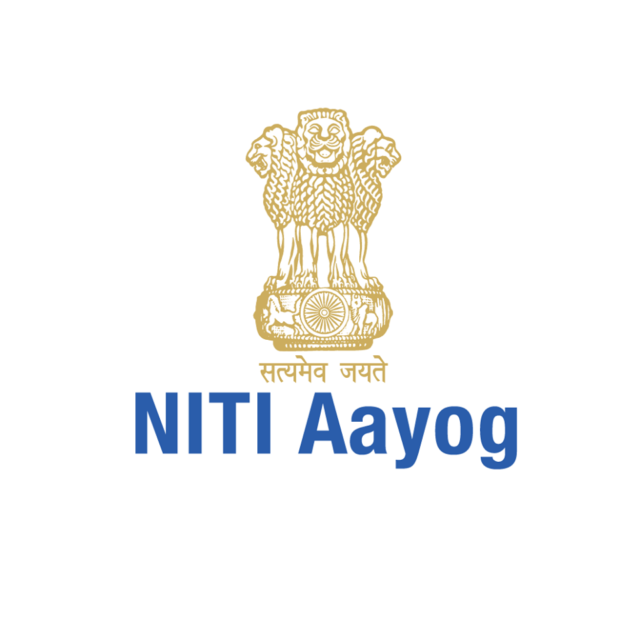Key Accomplishments and Action Plan of Sustainable Growth Pillar under India–US Strategic Energy Partnership
New Delhi: India and the US have a long-standing energy collaboration. In June 2017, Hon’ble Prime Minister Shri Narendra Modi and US President Donald Trump reinforced the strategic importance of bilateral energy cooperation, through the announcement of a new US–India Strategic Energy Partnership (SEP). The first ministerial meeting was held in April 2018. The India–US Strategic Energy Partnership has four pillars: Oil and Gas, Power and Energy Efficiency, Renewable and Sustainable Growth. The Sustainable Growth pillar is being co-chaired by NITI Aayog and USAID.
Key achievements and future action plan of the Sustainable Growth pillar were highlighted during the ministerial dialogue of the SEP held on 17 July 2020, under the co-chairmanship of Union Minister Dharmendra Pradhan and Secretary of Energy Dan Brouillette. Dr Rakesh Sarwal, Additional Secretary, NITI Aayog, and India Co-Chair of the Sustainable Growth pillar stated that this pillar brings together Indian and American researchers and decision-makers to collaborate in three focal areas: energy data management; energy modeling; and promotion of low-carbon technologies. Considerable progresses in all three areas of the Sustainable Growth pillar were noted as below:
Energy data management: An India Energy Dashboard, which was launched in 2015, has been revamped with the provisioning of data input online and through API integration. To enrich the exercise, NITI Aayog created eight sub-groups on energy demand and supply sectors. India and US agencies will cooperate to build a robust energy dashboard.
Energy modelling: Two exercises carried out on energy-water nexus and decarburization of transportation sector have highlighted key issues and provided policy advice. NITI Aayog and USAID jointly launched India Energy Modeling Forum on 2 July 2020. The forum will engage US and Indian researchers, knowledge partners, think tanks, both national and international, and government agencies and departments for modeling and long-term energy planning exercise.
Low carbon technologies: Both sides agreed to engage through concerned Government, related agencies, and private players for the promotion of low carbon technologies in India.
Remarking on the meeting of the Sustainable Growth pillar, Javier Piedra, Deputy Assistant Administrator, Asia Bureau, United States Agency for International Development, and US co-chair of the pillar, said both sides will continue to strengthen the Energy Data Management system to improve energy data availability, accessibility, and consistency with more intensive collaboration with US agencies. The Sustainable Growth pillar will support the India Energy Modeling Forum by facilitating collaborative engagement with the Modeling Forum at Stanford University and will also initiate new multi-team joint research studies to support energy and environmental decision-making under the forum.
It was recognized that Covid-19 is a challenge to the human spirit and to the partnership between our countries. However, challenges always bring opportunities to devise new ways and find innovative solutions. Both sides will adapt and continue to focus on sharing best practices and new solutions under the sustainable growth pillar for the benefit of India and the US. This has set the stage for building on the successful strategic energy partnership between India and the US.

